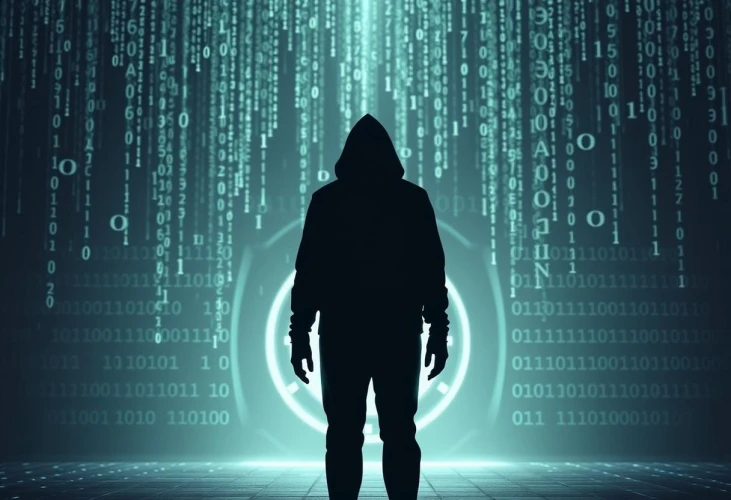The Hidden Truth Behind Password Managers in 2025: Are They Really Safe?
Exploring the security and effectiveness of password managers in 2025, with a critical look at whether they’re as safe as they claim.

Ever stopped to think about how many digital breadcrumbs you’ve scattered across the internet? (Spoiler: it’s probably more than you’d like.) From tweeting your breakfast to checking your bank balance online, every account is a tiny crack in your digital armor—especially if ‘password123’ is your go-to. Yeah, we’ve all been there. But here’s the uncomfortable truth: that convenience comes with a side of risk. Enter password managers, the self-appointed knights in shining armor for our online lives. But let’s not kid ourselves—are they the heroes we need, or just another layer in the onion of internet security?
We took a deep dive into nine of the top password managers, because someone’s gotta do the dirty work. 1Password might wear the crown for user-friendliness and its zero-knowledge policy, but let’s talk about the 800-pound gorilla in the room. When these digital fortresses get breached (and they do), what then? The LastPass incident wasn’t just a wake-up call; it was a full-blown alarm.
So, Are Password Managers All They’re Cracked Up to Be?
Chances are, you’re already using a password manager and didn’t even realize it. Your smartphone or browser probably saves your passwords—handy, right? But here’s the kicker: these built-in saviors are also golden handcuffs. Try accessing your Apple-saved passwords on an Android device. Yeah, good luck with that. Third-party managers promise freedom, but is it freedom with a catch?
Putting Them to the Test
We threw these managers into the wild—iPhone, Android, Safari, Chrome, Firefox—you name it. The result? A mixed bag. Autofill and password generators are pretty much table stakes now. But what about monitoring for data breaches? Some have it; others act like it’s 1999. And Keeper‘s self-destruct feature? Sounds like something out of a spy movie, until you realize it’s more smoke and mirrors than actual magic.
The Bottom Line
Password managers? They’re a necessary evil. Better than a sticky note on your monitor, sure, but they’re also putting all your eggs in one very hackable basket. The solution? A master password that doesn’t suck. Think ‘D0g$areC00l!’ not ‘fluffy123’. And with passkeys entering the chat, the game’s changing again. Are we stepping into a brighter future, or just rearranging the deck chairs on the Titanic? Only time will tell.
Stay sharp, keep questioning, and with a bit of luck (and a strong password), your digital self might just stay yours.
